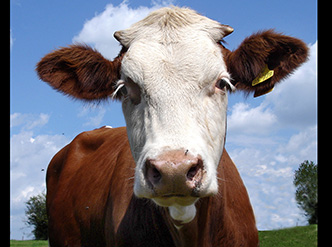
Virtual reality: the Haptic Cow
December 9, 2009 | Issue 13With the help of former vet, Sarah Baillie, Vienna Leigh takes us on a virtual reality trip – deep into a cow’s insides!


With the help of former vet, Sarah Baillie, Vienna Leigh takes us on a virtual reality trip – deep into a cow’s insides!
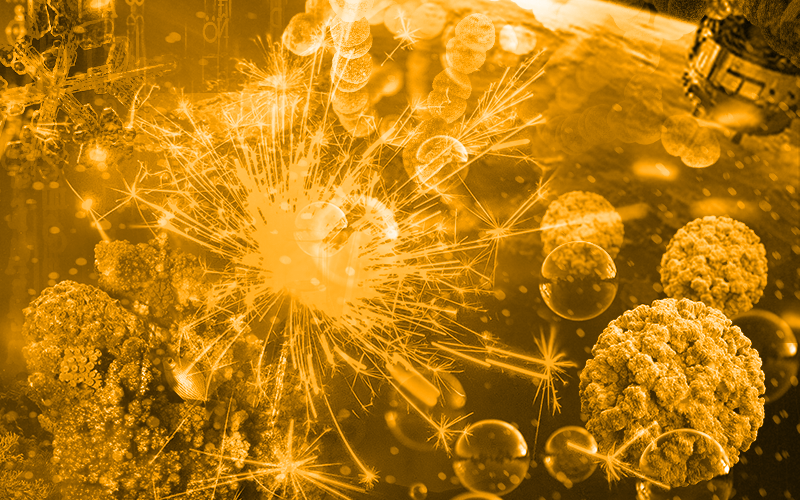
Molecules of Murder: Criminal Molecules and Classic Cases is a highly readable book that is a must-read for those interested in crime or popular science. It follows on from author John Emsley’s earlier book: Elements of Murder: Criminal Molecules and Classic Cases.
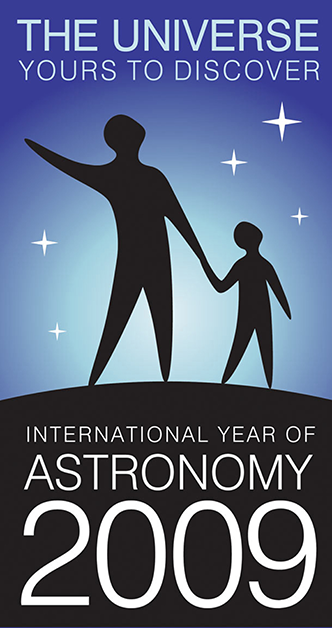
This year is the International Year of Astronomy. To celebrate, Chris Starr and Richard Harwood suggest some useful websites and other resources to inspire your astronomy teaching.
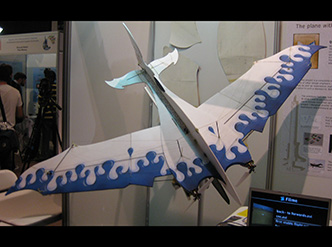
On 11-16 September 2009, the annual European Union Contest for Young Scientists (EUCYS) took place in Paris, France. Marlene Rau, a member of this year’s jury, reports.

The vast majority of chemists with whom I come into contact recall that the first experiences that excited them about chemistry were either seeing or doing practical work.
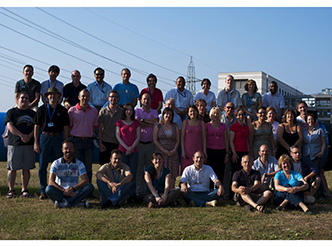
Every year, CERN invites a group of high-school teachers to Geneva, Switzerland, to learn about particle physics – and how to teach it at school.
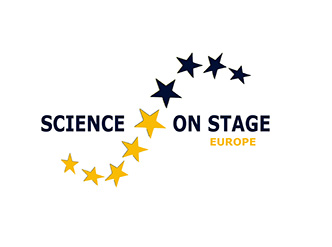
How better to inspire thousands of schoolchildren across Europe than by motivating and educating their teachers? As Eleanor Hayes explains, that is the idea behind Science on Stage – a network of local, national and international events for teachers.
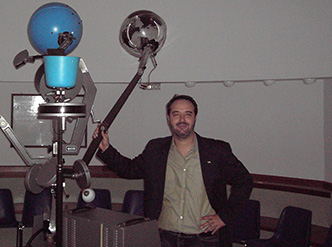
Research offers exciting and challenging job opportunities, but sometimes the price to pay in terms of personal sacrifice is very high. Claudia Mignone interviews a young astronomer who found satisfaction in the classroom – teaching mathematics.

Why is science important? “It helps us find out what on Earth is going on.” “It can lay the groundwork for a great career.” “It is our best chance for tomorrow.” “It provides us with opportunities and choices.” These and more statements can be found on Alom Shaha’s webpage, Why is…

Dr Alan Leshner, Chief Executive Officer of the American Association for the Advancement of Science (AAAS) and Executive Publisher of the renowned Science magazine, tells Marlene Rau and Sonia Furtado about his varied career and shares his views on science education issues.
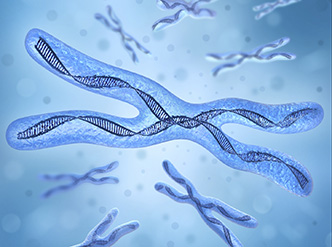
Sabine Hentze and Martina Muckenthaler tell Lucy Patterson about their work – detecting genetic diseases and counselling potentially affected patients.
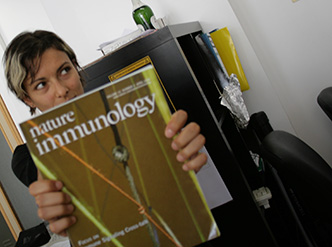
Have you ever wondered what it is that scientists get so excited about? Ana de Barros from the Instituto de Medicina Molecular in Lisbon, Portugal, shares with us the excitement of researching the immune system.
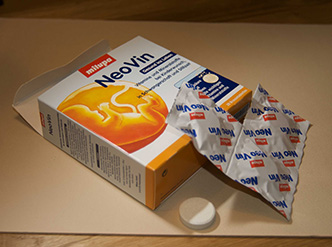
Eleanor Hayes, Holger Maul and Nele Freerksen investigate why folic acid is an essential component of your students’ diet – now and for a future healthy family.
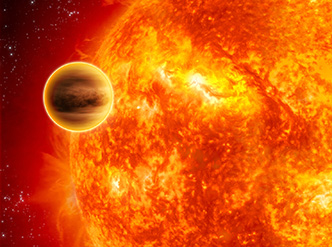
Malcolm Fridlund from the European Space Agency (ESA) describes the search for extra-solar planets and explains how they can help us to understand the origin of life on Earth.
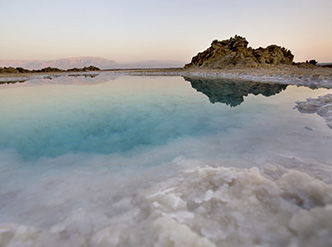
Giuseppe Zaccai from the Institut Laue-Langevin (ILL) in Grenoble, France, describes how he and his co-workers have uncovered a way to explore water dynamics in the cell interior using neutron scattering and isotope labelling.
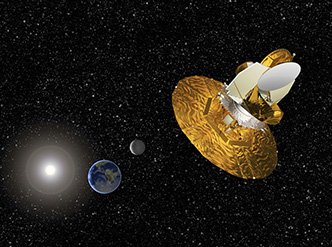
Ana Lopes and Henri Boffin take us on a trip back in time – probing the history of the Universe.
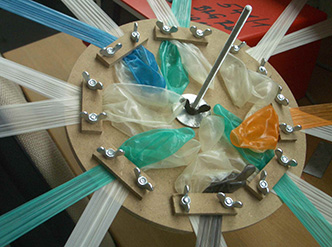
Can you imagine building a motor from latex gloves? Physics teachers Ludwig Eidenberger and Harald Gollner, and their students Florian Altendorfer and Christoph Eidenberger, show how, exploiting the reversible thermodynamic processes of thin layers of latex.
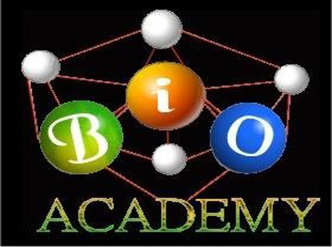
French biology teacher Jean-Yves Guichot explains his project to link secondary-school students with molecular biology researchers.
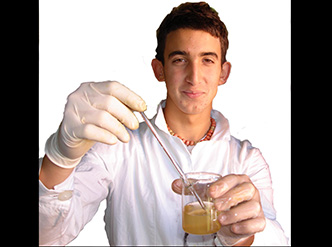
We’ve all heard that an antioxidant-rich diet is healthy. Together with his students, Gianluca Farusi compared the antioxidant levels in a range of foods and drinks.
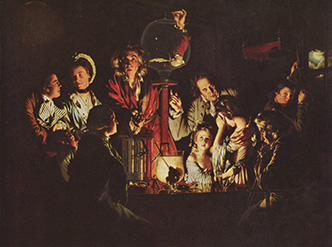
Do you enjoy the drama of science? The colour, the smells, the intricacies? Why not follow science teacher Bernhard Sturm’s suggestions: let your students bring yet more drama into the classroom by (re-)enacting science, to help them visualise and remember the lesson.
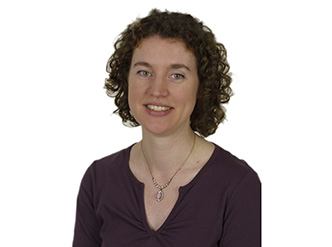
Health and disease are themes that run through this issue of Science in School. In our feature article, Alan Leshner describes his varied career, including his involvement in a major campaign to show that schizophrenia is a brain disease and not a result of environment. In contrast to this concern…